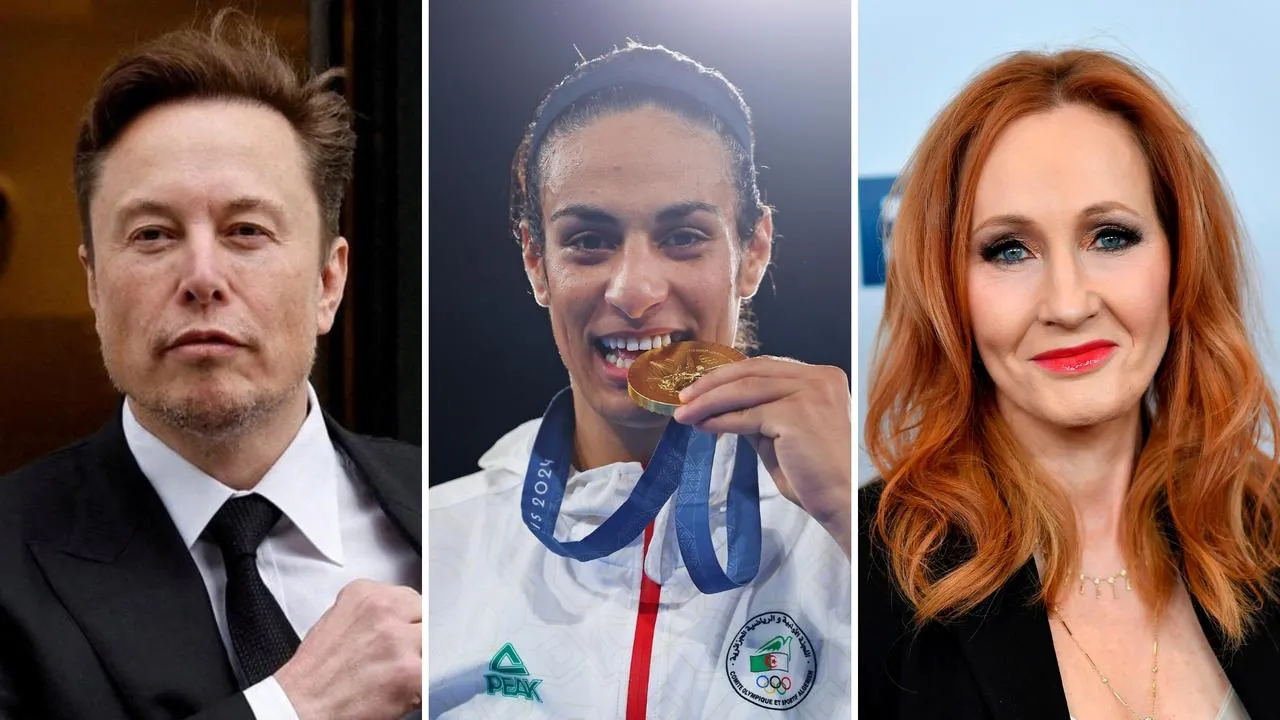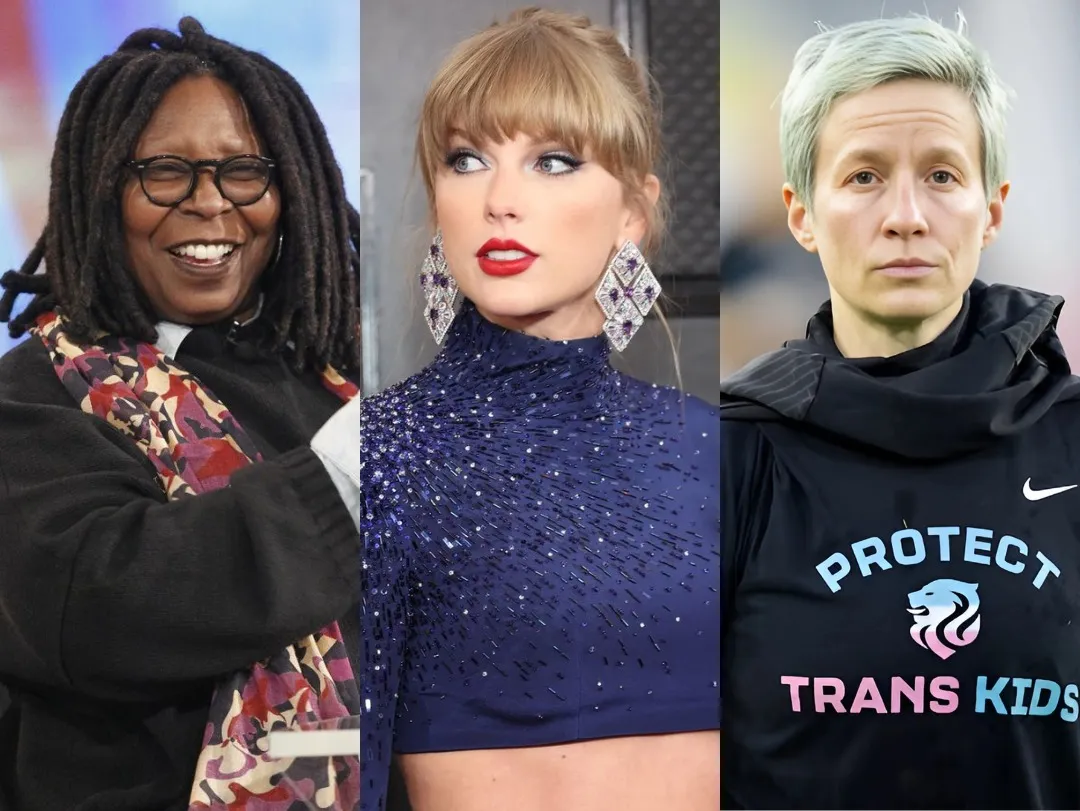
Elon Musk, the enigmatic billionaire known for his transformative work in technology and space exploration, has found himself at the center of yet another cultural firestorm. This time, it’s his comments on a highly sensitive topic: the inclusion of transgender women—biological males who identify as female—in women’s sports. Musk’s stance has ignited fierce debate across social media, political platforms, and sports organizations, reflecting a growing cultural clash over the boundaries of gender and fair play.
The controversy began when Musk, a prolific Twitter user, responded to a thread about fairness in competitive sports. In a tweet that quickly went viral, Musk stated, “Biological men should not compete in women’s sports. Period.” His blunt statement immediately drew both praise and condemnation. While many lauded his comments as a bold stance for fairness in women’s athletics, others accused him of being transphobic and dismissive of the challenges faced by transgender individuals.
Musk is no stranger to controversy, and his comments on transgender issues have previously sparked criticism. Despite this, his latest remarks appear to have resonated with a significant portion of the public, including notable athletes and organizations. Critics of transgender inclusion in women’s sports argue that biological males possess inherent physical advantages, such as higher bone density, muscle mass, and testosterone levels, even after transitioning. They believe that allowing transgender women to compete undermines the integrity of women’s sports and places cisgender female athletes at a disadvantage.

Supporters of transgender inclusion, however, counter these arguments by emphasizing the importance of inclusivity and equality. They point out that transgender women often undergo rigorous hormone therapy and other medical interventions, which they claim level the playing field. Moreover, advocates argue that excluding transgender athletes perpetuates discrimination and reinforces harmful stereotypes about gender identity.
Musk’s remarks have also attracted attention from prominent figures in the sports world. Tennis legend Martina Navratilova, who has been outspoken on this issue, publicly supported Musk’s viewpoint. “Fairness in women’s sports is non-negotiable,” Navratilova tweeted. Meanwhile, others, like Olympic gold medalist Caitlyn Jenner, herself a transgender woman, have echoed Musk’s sentiment, arguing that sports should prioritize fairness over inclusion.
However, the backlash has been equally intense. Advocacy groups, including the Human Rights Campaign and GLAAD, condemned Musk’s comments, labeling them as harmful and divisive. They argue that his influential platform amplifies rhetoric that marginalizes the transgender community. Additionally, several prominent tech leaders and public figures accused Musk of using his position to promote a regressive agenda.

The controversy surrounding Musk’s comments extends beyond the sports arena, touching on broader societal debates about gender, identity, and inclusion. The issue of transgender athletes has become a lightning rod in recent years, with numerous states in the U.S. enacting laws to restrict their participation in women’s sports. These laws have sparked heated legal battles and protests, further polarizing an already divided nation.
At the core of this debate lies a complex and emotionally charged question: How can society balance fairness in competition with the rights and dignity of transgender individuals? For many, there are no easy answers. The science surrounding transgender athletes is still evolving, with studies offering conflicting conclusions about the impact of hormone therapy on athletic performance. Meanwhile, organizations like the International Olympic Committee (IOC) and the NCAA have implemented guidelines aimed at creating a middle ground, but these policies have been met with both support and criticism.
Musk’s comments also highlight the growing influence of tech leaders in shaping public discourse. As one of the world’s most prominent figures, Musk’s opinions carry significant weight, sparking conversations that often transcend the initial subject. Whether intentional or not, his remarks have forced many to confront uncomfortable questions about the intersection of gender, biology, and societal norms.

For Musk, the backlash appears unlikely to deter him. The billionaire has shown time and again that he thrives on controversy, often using it to fuel his larger-than-life persona. Some speculate that his comments may have been a calculated move to draw attention away from other issues, such as ongoing criticism of his companies Tesla and X (formerly Twitter). Others believe Musk’s views are genuine and reflective of his libertarian-leaning ideology, which often prioritizes individual freedoms and meritocracy.
As the debate continues to unfold, one thing is certain: Musk’s remarks have reignited a contentious conversation that shows no signs of resolution. For supporters, his stance represents a necessary defense of fairness and merit in sports. For critics, it underscores the challenges faced by transgender individuals in a world that often struggles to accommodate their identities.
In the end, Musk’s foray into this divisive topic serves as a reminder of the power and peril of celebrity influence in shaping public opinion. Whether his remarks ultimately lead to meaningful dialogue or deepen societal divisions remains to be seen, but they have once again cemented Musk’s reputation as a polarizing figure unafraid to wade into the thorniest of cultural debates.



